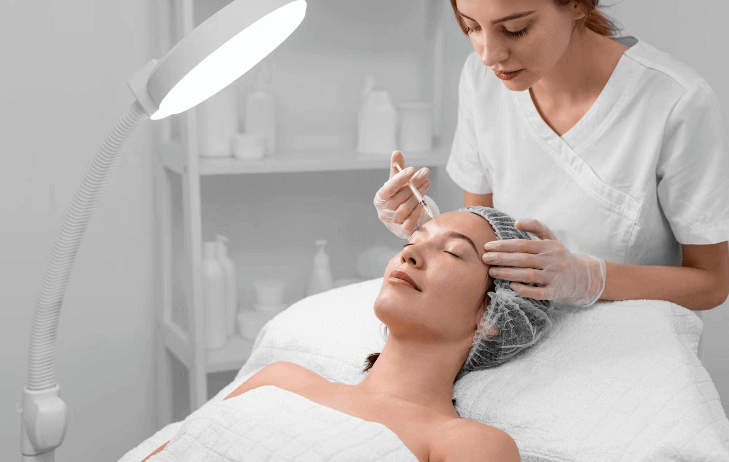Running a photography business is a lot like being an artist. It’s important to not just do the work but to be able to market your work. How to start a photography business. If you find that you’re doing good work but it’s not getting noticed or it’s not selling, then the problem might be in how you’re presenting it to the public. Perhaps try adding some of your own personal touches when presenting yourself and your work so that it appeals to more people out there! We’ve found what works best for us is a blend of raw talent (as everyone needs at least some basics) and good old-fashioned marketing skills! One professional we spoke with has said “marketing yourself” is one of the most important things in this industry. They’ve spent years studying psychology, public relations, and building connections with people to make the business go well for them over time. Others have been able to find their niche and build a sustainable careers.
Starting your own photography business is a great way to monetize your passion for taking pictures and building a sustainable career. While the photography market is competitive, many photography business owners have been able to find their niche and build a sustainable career with just hard work, some creativity, and of course – marketing. You can take photos every day of your life but if you don’t offer them to customers who want them, chances are your photos aren’t going to sell very well.
Startup costs
Professional photographers advise that you don’t start off by investing in expensive photography equipment. For example, $5,000 dollars might seem like a lot of money to spend on a lens but it can only serve its potential if the business is making money. Otherwise, it serves little use since you may have more important things to focus on rather than focusing on a “luxury” item.
Your branding and reputation
Being an entrepreneur is about more than just having a great product. If you really want to make an impact, you have to develop and nurture your own brand so that people will recognize when your name comes up. You need to be someone that people would want to work with and feel comfortable referring others your way for business. One of the best ways you can ensure that is by making sure that your team does everything possible to protect and improve the reputation of your company on a daily basis. Be sure to always show up on time dressed professionally and don’t let yourself get behind schedule because these are some of the small things that contribute greatly toward building strong relationships with those around you so they feel comfortable putting their trust in you. A good reputation is like gold so don’t let it tarnish – after all, where would you be without loyal clients?
If a person is working with a photographer for example, then some preparation should be made before an actual shoot takes place so as to make sure all of the necessary details (like being clean and tidy, bringing along snacks, paying attention to your attire) are addressed in a professional manner. One must also tip their hat where credit is due and sending referral gifts of thanks or appreciation can help boost one’s brand – however, the most important thing of all is delivering what one has promised when they say they would!
Iron your shirt so that it doesn’t wrinkle. Wash your car frequently so that it looks new on camera. Be organized! Bring bottled water and clean snacks so that clients don’t have to worry about where they will find the items they need when taking care of business! Charge up all of your electronics beforehand, and bring them along to the shoot on time. Thank you gifts should be classy – nothing cheesy or cheap here! Being ready shows respect and professionalism as a person/company who is in business for themselves and wants their clients to feel confident in their abilities as well as good about their decision to do business with them in the first place!
Pricing
Photography is an art form that can be hard to wrap your head around: the best place to even start setting prices and determining value. The reality is that you have to charge what it’s worth to you. One way of doing so could be by researching the area in which you live and seeing what others charge. But as a starting point, it’s advised to estimate 3 hours of editing time for every hour of shooting, as well as including standard costs like travel and preparation, accounting services, insurance, and gear if any. Another thing to consider could be your ongoing costs like a website that might need redesigning every 5 years or hosting your images on a server for example.
A lot of photographers have a hard time pricing their photos and determining their value. Some photographers feel as if they need to go “less than minimum wage” or sometimes they just simply go above what they’re really worth only because they want so badly to land a client. You can try researching your area to see what your competitors charge, but ultimately, you’ll need to charge what you’re worth based on the shooting hours and editing time for each project. Be sure to factor in travel and preparation time, ongoing costs related to insurance, gear, and accounting services as well as your website.


